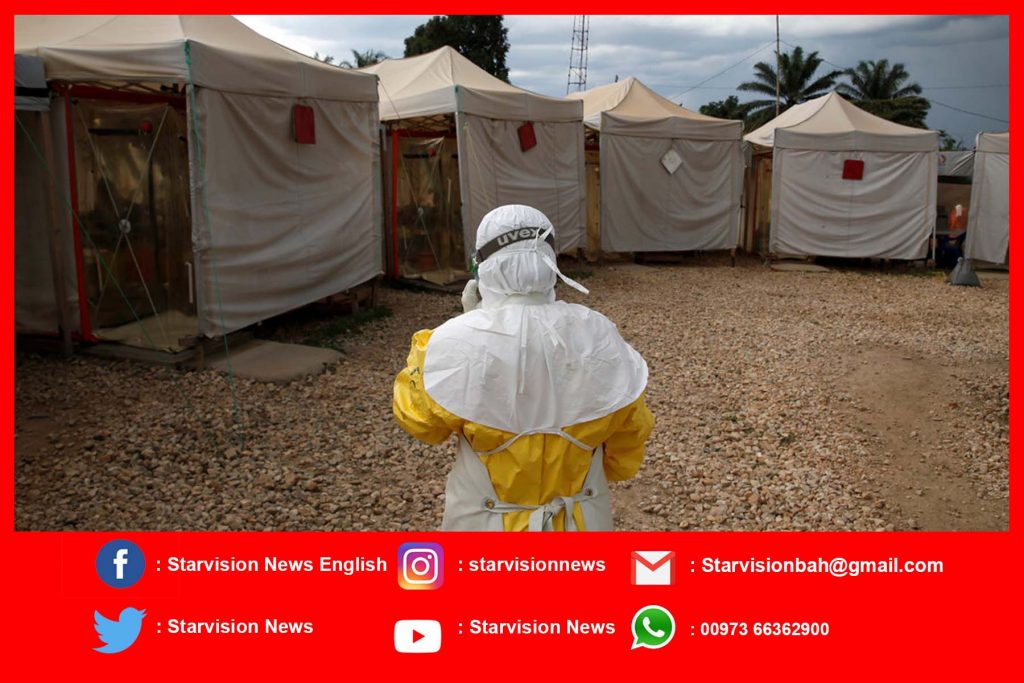Early diagnosis
To maximize the delivery of these new antibody treatments, community engagement and trust must be enhanced. Success will be measured by an increase in earlier diagnosis of Ebola virus disease and a decrease in death rates. Now that early diagnosis can be linked to virus-specific therapy, the action is needed to improve the availability of rapid diagnostic tests, particularly at the point of care in the community Ebola virus disease can be misdiagnosed as malaria and other common diseases, leading some adults and children to seek help from traditional healers. Once they are aware of the benefit of these new treatments, traditional healers, who are trusted by their communities, can help persuade patients to be tested earlier for Ebola, which will also reduce the risk of spreading the infection to other patients. A fall in the number of deaths from Ebola virus disease among people who have never sought diagnosis or care at an Ebola treatment unit will be another marker of improved community engagement and trust around these new treatments.
Preliminary trial findings for each of the four investigational products were released at an international press conference on 12 August and reported widely, including in The BMJ. Overall mortality among the 499 participants analyzed was 49% for those who received ZMapp, 53% for remdesivir, 34% for mAb114, and 29% for REGN-EB3. Patients were also analyzed according to whether they had early (41% of patients) or late (59%) stage disease. This stratification was based not on the number of days of illness but viral load in the blood estimated by PCR. Preliminary death rates among the 41% of patients with the early disease were ZMapp (control) 24%, remdesivir 33%, mAb114 11%, and REGN-EB3 6%. Although death rates for the late disease were not reported, they are likely to be substantially higher than those for early disease. Extrapolation from available data on overall mortality and early disease mortality suggests that both REGN-EB3 and mAb114 are less beneficial for patients with the late disease than the early disease. No doubt these important analyses will be available in the full trial report, which is expected later this year
Reaching the brain
Ebola virus can cross the blood-brain barrier and cause severe neurological disease, but the new monoclonal antibodies cannot. Further trials are urgently needed and should include evaluations of treatments combining one or more monoclonal antibodies with an agent that can target Ebola in the brain. Remdesivir is one candidate, although data for this agent remains limited. A nurse who was repatriated to the UK from West Africa had a relapse of Ebola that presented as meningoencephalitis nine months after a full recovery from the initial infection. She recovered for a second time after treatment with remdesivir and corticosteroids. Remdesivir seemed to be able to cross the blood-brain barrier in one study of non-human primates, but the relevance to humans remains unknown. The researchers detected remdesivir in the brain, eyes, and testes of the primates, all sites thought to be reservoirs of Ebola virus in humans.
Ideally, a future randomized trial would have five arms: a control group treated with REGN-EB3 alone and four arms comparing REGN-EB3 plus mAb114, REGN-EB3 plus remdesivir, mAb114 plus remdesivir, and REGN-EB3 plus mAb114 plus remdesivir. It will be important to identify the best combinations for early and later disease. Trials should also consider whether the new monoclonal antibody treatments help to clear reservoirs of virus that may give rise to late relapses. This trial identifying the first effective treatments for early Ebola is a tribute to everyone involved. The high ethical and scientific standards for a randomised trial were met despite the challenging and dangerous conditions of this epidemic. The trial should serve as a precedent for future randomised trials for Ebola and the many other epidemic pathogens that still lack effective treatments.
Follow us on Twitter – twitter.com/StarvisionN
Like & Follow us on Facebook – www.facebook.com/starvisionnewsenglish


